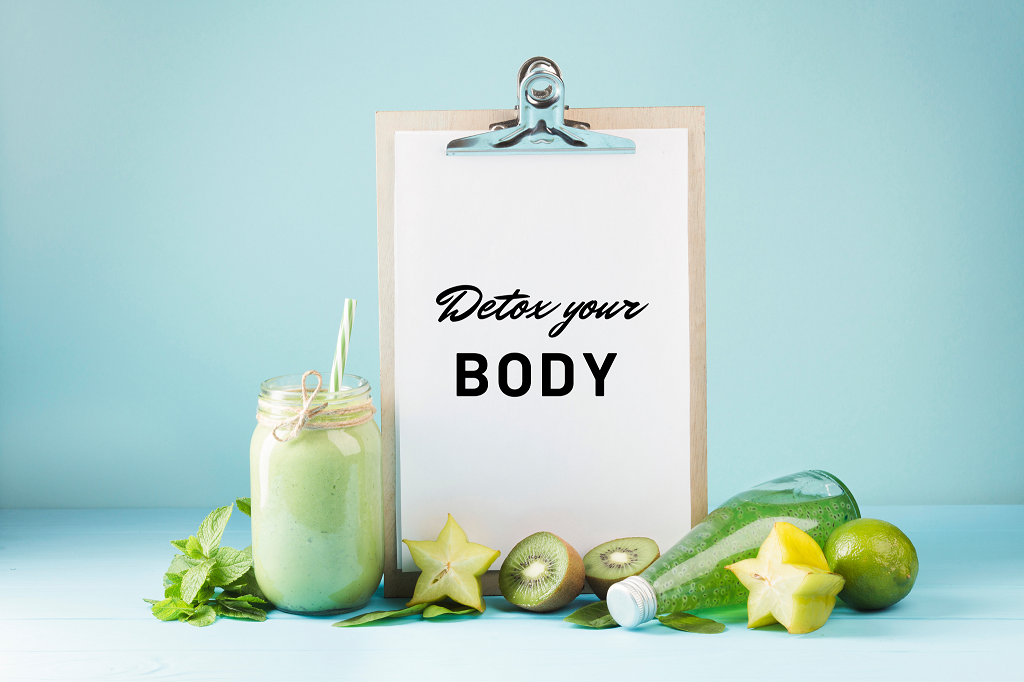Hair damage isn’t uncommon, both men and women suffer from it. Instead of cribbing about hair damage, it is essential that we care for it, and bring the hair back to health. While most people covet having long, lustrous healthy hair, it takes a lot of time and patience to undo the damage caused to our tresses. From having a healthy diet to taking supplements, to using quality hair products, repairing damaged strands is a manifold system, that requires diligence. So if you are looking to bring back your hair’s health, then this blog is certainly going to help you out.
What Causes Damaged Hair?
Unhealthy haircare habits can lead to damaged hair. Excessive use of styling tools and products damage your hair. However, many other factors affect hair health. Listed below are the main causes of damaged hair.
1. Chemical-Laden Hair Colours
Colouring your hair in vibrant colours can be a style statement, but it adversely affect your hair. The harsh chemicals present in hair colours and dyes can dry out your hair, leading to brittle and frizzy hair.
2. Bleaching
Bleaching exposes the hair to strong chemicals which damage melanocytes (the pigment which gives colour to your hair). Bleaching compormises the hair’s repair system leaving it dry and brittle. To minimize the damaging effect of bleach, wear protective gear such as a scarf or a cap to protect your strands from direct exposure to the sun.
3. Styling Tools
Excessive use of styling tools such as blowers, curlers, and straighteners can damage the hair shaft. Opening up the cuticles of the hair shaft can make the hair porous. This results in dry, brittle hair, leading to split ends and hair breakage.
Also Read : 6 Best DIY Heat Protectants For Your Hair
Experts recommend avoiding styling tools, and using them only when necessary, as excessive use can damage your hair resulting in hair breakage. When using a hair straightener or curler, always use a heat protectant. Keep your hair at least 5-6 inches away from the dryer when blow-drying it.
Other common causes which lead to damaged hair are exposure to extreme climatic conditions, taking hot showers, rubbing your hair vigorously after washing and excessive use of hair styling products such as hair gels, hair sprays, etc.
Signs Of Damaged Hair
Dry, brittle, frizzy, rough, and tangled hair are all signs of damaged hair. The hair is subjected to a lot of wear and tear, throughout the day; resulting in various hair concerns such as hair breakage, thinning, dryness, and lackluster hair, which is more prone to frizz.
How Can I Repair Damaged Hair At Home?
Dry and damaged hair is more fragile and should be handled with care. Experts recommend changing your haircare regime and your hair care products to repair damaged hair. Use hair care products that do not strip your hair of its natural oil. We will be sharing ways by which you can revive your dull, dry and damaged hair.
1. Trim Your Hair Regularly
Dry hair is more prone to breakage and split ends. Split ends indicate damaged hair. Experts recommend chopping off those dead ends every 7-8 weeks for the growth of healthy, voluminous hair.
2. Apply A Nourishing Hair Mask
You can make a nourishing hair mask at home with some inexpensive ingredients easily found in your kitchen. We will be sharing some easy-to-use hair masks.
Eggs
Take the white of an egg and squeeze half a lemon into it. Mix well and apply to your hair covering each strand carefully. Eggs are a rich source of protein and Vitamin A, D, and E which helps to revive dull and damaged hair.
Avocado
Take 1 egg and mix it well with the pulp of an avocado. Apply this mixture as a hair mask all over your hair and scalp. Avocado hydrates and nourishes the hair and scalp, improving hair health. The egg is beneficial for repairing damaged hair.
3. Sun Protect Your Hair
Your hair and skin are both adversely affected by exposure to harmful sun rays. So just as you apply sunscreen to protect your skin, similarly you should use a scarf or umbrella to protect your strands from the damaging effect of the sun.
4. Hair Serum
There are many benefits to using a hair serum. The hair serum creates a protective layer over your hair strands, protecting them against environmental aggressors. It makes your hair soft, smooth, and glossy.
Also Read : Things Everyone Should Know About Hair Growth Serum
5. Natural Oils
Natural oils are nature's best gift to mankind. Coconut oil is a versatile beauty ingredient which is loaded with therapeutic properties. It penetrates deep into the cuticle and repairs the damaged hair. Olive oil is an excellent moisturizing agent that helps replenish lost moisture from the hair. Almond oil keeps the hair hydrated reducing dryness and frizz. Argan oil is rich in Vitamin E and A. It moisturizes the hair while preventing hair breakage.
ANVEYA SWEET ALMOND OIL, COLD PRESSED ORGANIC, 100ML
- Antioxidant properties fight WRINKLES & SAGGING SKIN
- Omega-3 fatty acids, vitamin E, and magnesium nourish and STRENGTHEN YOUR HAIR
- One of the best oils for MASSAGE
- Rejuvenates dead cells, moisturizes CHAPPED LIPS
6. Limit Your Hair Washing Session
Washing your hair with synthetic shampoo, robs your hair of its moisture, leaving your hair dry, dull and frizzy. Experts recommend using a mild organic shampoo that is gentle on the hair. Wash your hair 2-3 times a week, depending on your hair type
7. Give Your Styling Tools A Break
Avoid using styling tools and embrace the natural texture of your hair. Styling tools are the main culprit behind damaged hair. If it's absolutely necessary then use a heat protectant before styling your hair.
8. Apply A Leave-In Conditioner
Leave-in conditioners are a boon for your thirsty hair. It keeps your hair well hydrated and well-nourished. It keeps your dry, rough and frizzy hair, well maintained, soft and glossy.
Repairing your damaged hair might seem to be a meticulous task, but by making a few changes in your hair care routine and lifestyle, you can restore its former glory.
Also Read : 10 Simple And Effective Home Remedies For Damaged Hair
Disclaimer: All the content on anveya.com/blogs is solely for information. It is not intended to be a substitute for professional medical advice, diagnosis or treatment. Always seek the advice of your physician or a qualified health care provider. The information, suggestion or remedies mentioned on this site are provided without warranty of any kind, whether express or implied.




